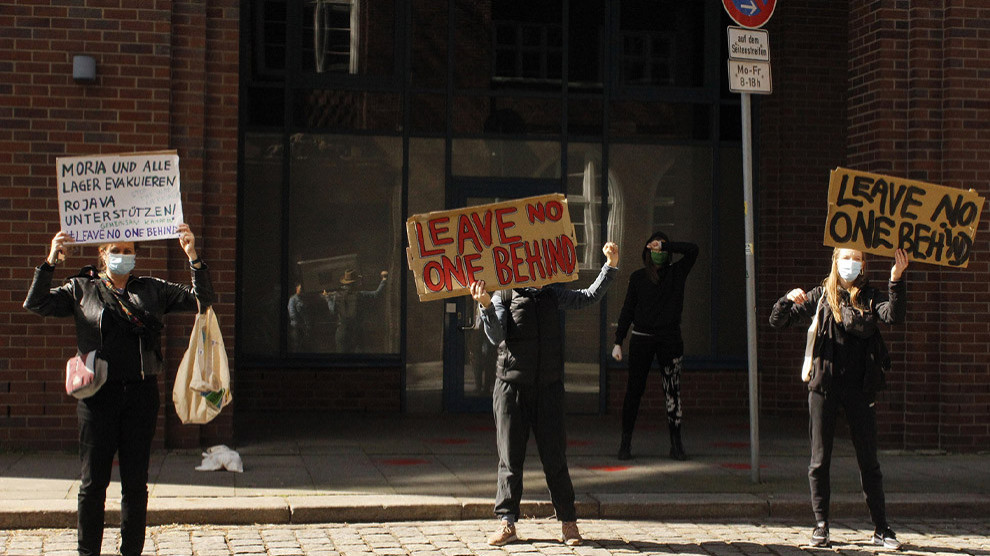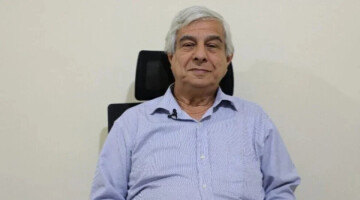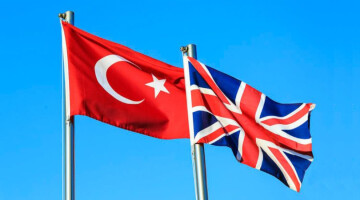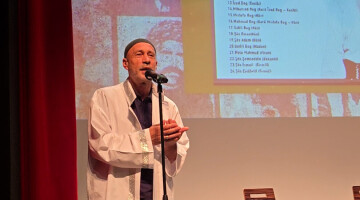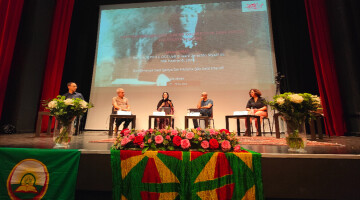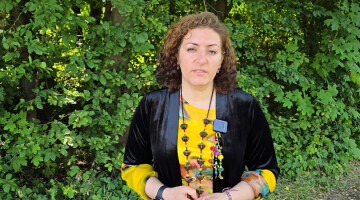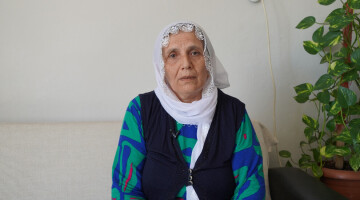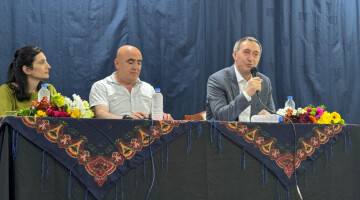The number of confirmed coronavirus infections has exceeded the 1.6 million worldwide, reveal figures from the US-American Johns Hopkins University. According to these figures, over 1,698,400 people worldwide were affected by the disease on Saturday morning. More than 102,000 people died as a result of the novel virus.
Many of these people would not have had to die if they had received sufficient medical care. But especially the governments in Europe have so far acted selfishly, medically irresponsibly and in a lack of spirit of solidarity. The first signatories of the initiative for an Egalitarian Europe no longer want to accept this. In an appeal, actor Rolf Becker, musician Konstantin Wecker, sociologist Sergio Bologna and doctor and historian Karl Heinz Roth, among others, call for immediate humanitarian aid for the societies and countries particularly affected by the corona virus in Italy, France and Spain, as well as the immediate dissolution of the inhumane camps in Greece and the immediate distribution and accommodation of the refugees and asylum seekers in the EU countries less affected by the pandemic:
In Italy, Spain and France, tens of thousands of people are seriously ill with the coronavirus. Their survival depends on well-equipped hospital care with adequate intensive care facilities.
The health and hospital systems in these countries have been severely downscaled during and after the euro crisis. As a result, they are no longer able to provide adequate care for these seriously ill people.
We therefore call on the authorities of the European Union, the euro zone and the governments of less affected countries – Germany, the Netherlands and Austria, as well as the de facto member state Switzerland – to help these people and the workers in Italian, Spanish and French hospitals who are fighting for their survival.
We demand:
(1) the mobilisation of all appropriate transport capacities so that seriously ill patients from Italy, Spain and France can be transferred to the acute care hospitals of the less affected countries of the EU and treated there;
(2) the provision by the European Investment Bank of an interest-free emergency loan of EUR 25 billion to each of the three countries affected and to Greece and Portugal, which are also severely at risk, so that they can provide greater care to pandemic patients and provide health personnel with necessary equipment;
(3) the immediate closure of the refugee camps in Greece and the distribution of asylum seekers across EU countries less affected by the pandemic;
(4) the cancellation of at least two thirds of the national debt of these five countries, so that they can rebuild their public health systems and overcome the consequences of the economic lockdown.
Urgent and generous action must be taken in the interest of those infected and the particularly vulnerable inmates of refugee camps and nursing homes. If this is not done, thousands will die when they could have been helped. This would also mean the end of the European integration process.
Failure to act amounts to failure to render assistance. Solidarity saves human lives! The undersigned consider these demands for emergency humanitarian aid to be only the first step towards global solidarity.
First signatories:
Michael Backmund (Munich), Rolf Becker (Hamburg), Sergio Bologna (Milan), Frank Borris (Bremen), Angelika Ebbinghaus (Bremen), Petra Gerschner (Munich), Rüdiger Hachtmann (Berlin), Roland Herzog (Bern), Hannes Hofbauer (Vienna), Ulla Jelpke (Berlin), Andrea Komlosy (Vienna), Thomas Kuczynski (Berlin), Jennifer Kujack (Berlin), Norbert Meder (Cologne), Erik Merks (Hamburg), Ahlrich Meyer (Detern-Velde), Erhard Neckermann (Lichtenfels), editors of the journal Sozial.Geschichte Online/Offline (Berlin), Karl Heinz Roth (Bremen), Carmen Sanchez Concha (San Feliu de Guixols/S'Agaró), Florian Schmaltz (Berlin), Christoph Schminck-Gustavus (Bremen), Peter Thaesler (Hamburg), Annette Vogt (Berlin), Konstantin Wecker (Munich).

